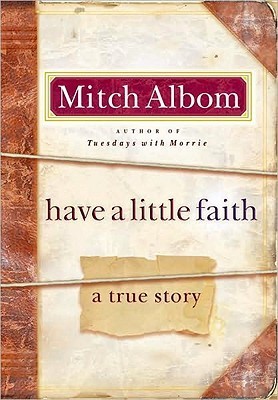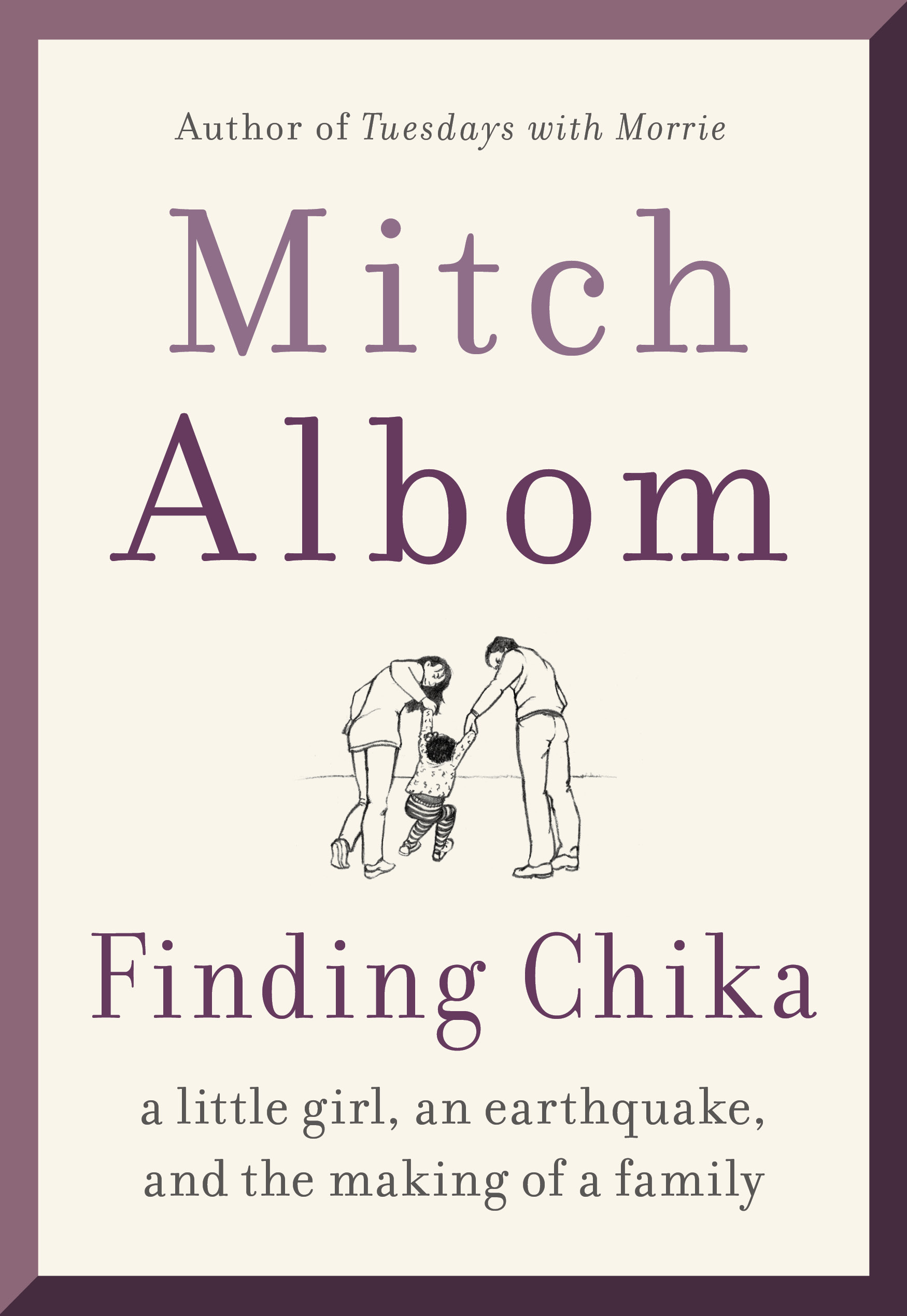
Tuesdays with Morrie: An Old Man, a Young Man, and Life's Greatest Lesson
Book Description
What if the secret to a fulfilling life lay in a series of heartfelt conversations with a dying professor? In "Tuesdays with Morrie," a young man reconnects with his beloved mentor, embarking on a journey of wisdom and compassion. Each meeting uncovers profound lessons about love, loss, and what truly matters. As the clock ticks down on Morrie’s life, the urgency of his insights grows. Can a dwindling flame ignite a greater understanding of life's most critical choices? Experience the transformation that happens when friendship meets mortality, and ask yourself: what lessons would you learn if you knew your time was running out?
Quick Book Summary
"Tuesdays with Morrie" is a poignant memoir that chronicles the weekly visits between Mitch Albom, a successful but unfulfilled journalist, and his former college sociology professor, Morrie Schwartz. After learning that Morrie is terminally ill with amyotrophic lateral sclerosis (ALS), Mitch rekindles their relationship. During their Tuesday meetings, Morrie imparts wisdom about life, love, work, death, and forgiveness, encouraging Mitch—and readers—to question modern culture's values and focus on what truly matters. Through Morrie’s honest reflections and gentle teachings, Mitch gradually learns to embrace vulnerability, compassion, and acceptance, even as he watches his mentor fade. The book is a moving exploration of mortality and meaning, offering enduring lessons on how to live a life of purpose and connection.
Summary of Key Ideas
Table of Contents
Confronting Mortality with Acceptance
Mitch Albom, busy with a career-focused life, reconnects with his former professor, Morrie Schwartz, after seeing him on television discussing his terminal illness. Morrie, once Mitch’s beloved mentor, now faces ALS, a disease that steadily robs him of bodily function. Moved by Morrie’s condition, Mitch visits him every Tuesday, turning these days into a period of learning and revelation. Their reunion becomes a final class, not about academics, but about the lessons of living and dying with dignity and love.
The Value of Love and Relationships
Through their conversations, Morrie confronts the reality of his impending death with acceptance rather than fear. He discusses the importance of not shying away from mortality and advises Mitch to live with awareness that life is temporary. Morrie models the emotional strength found in vulnerability, openly expressing fears and joys. He encourages embracing death’s certainty as a motivator to live more intentionally, making peace with the end rather than resisting it.
Detaching from a Materialistic Culture
A central theme of their discussions is the primacy of love and human relationships. Morrie sees connection as life’s true wealth, emphasizing that giving and receiving love brings fulfillment and meaning. He urges Mitch to prioritize people over professional or material pursuits, to openly express affection, and to nurture a support system. These affirmations of love help Mitch reconsider his own emotional barriers and strained relationships, gradually opening him up to greater intimacy and empathy.
Embracing Forgiveness and Vulnerability
Morrie consistently challenges mainstream societal values centered on status, wealth, and external validation. He critiques the "culture of more," advocating instead for a culture that values compassion, contribution, and inner contentment. Morrie’s philosophy inspires Mitch to notice how the relentless pursuit of success can lead to emptiness; true satisfaction comes from mindful living, service, and appreciating simple moments. Their talks expose the pitfalls of materialism and encourage finding purpose beyond achievement.
Living a Meaningful Life
As Morrie’s health diminishes, he and Mitch explore forgiveness and the importance of letting go. Morrie confesses regrets and guides Mitch in confronting anger, guilt, and the need for reconciliation—in personal relationships and within oneself. Their candid discussion enables Mitch to realize the power of forgiving others and oneself, freeing space for growth and peace. The book concludes with Mitch carrying Morrie’s lessons forward, forever changed by the wisdom and love shared on their Tuesdays together.
Download This Summary
Get a free PDF of this summary instantly — no email required.





